1600-1700
About
The 17th century was the era of the Baroque, a style bringing passion, colour, and drama to painting, sculpture, architecture, and music. But it was also a turbulent period, with wars and religious crises dividing nations and peoples.
Absolute monarchs used the arts to express their power through portraits and palaces, while newly rich merchants created collections of more modest works: still-life paintings, landscapes and scenes of everyday life. But even these new styles of painting were rich in moral messages and full of details that tell us of a world expanding through science, exploration, and commerce.
In this six-week course we shall meet artists such as Caravaggio, Rembrandt, Rubens, Rachel Ruysch, Poussin, Artemisia Gentileschi, and Velázquez and explore the tumultuous times in which our modern art world, and our modern art market, were born.
Find out more about Stories of art and upcoming modules.
Week 1: A world divided
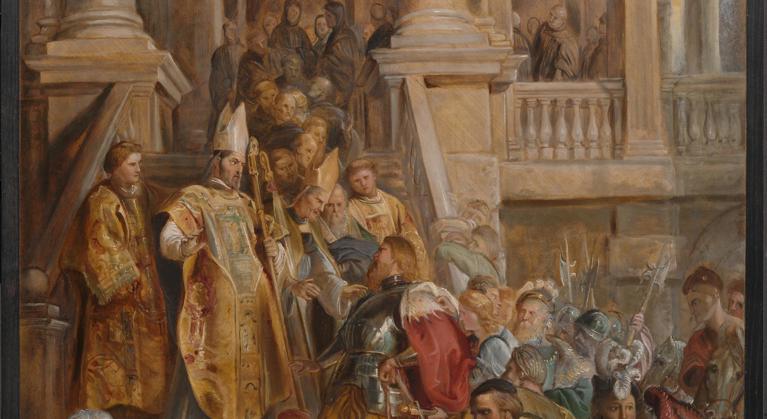
What was ‘the Baroque’ and how was the style used in the service of popes, princes and kings?
We begin with new ways of making art in a time of religious divide and meet artists such as Caravaggio, Bernini and Rubens. In the Netherlands, different forms of painting were emerging, created for a new middle-class, celebrating their new nation with a new range of subject matter.
Week 2: Portraits and personalities
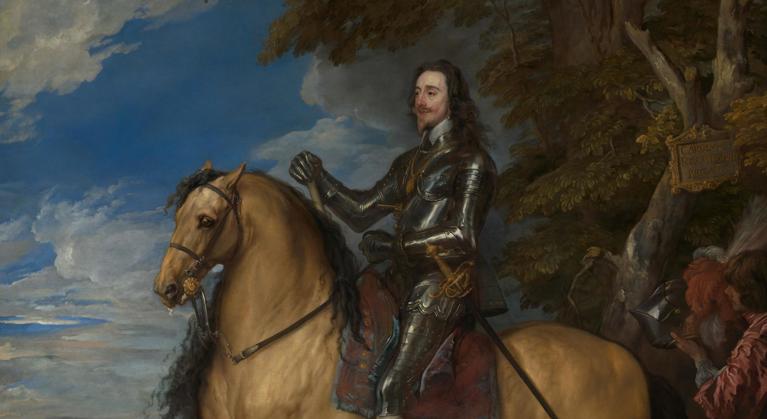
The 17th century was a period of superb portraiture, from grand and theatrical images of monarchs and cardinals to deeply personal depictions by artists of themselves.
This week we will explore portraits of every sort, from the ‘swagger’ portraits of Van Dyck to the realism and humour of the Dutch masters and the intimate portrait sketches made by Bernini.
Week 3 : Amsterdam rising
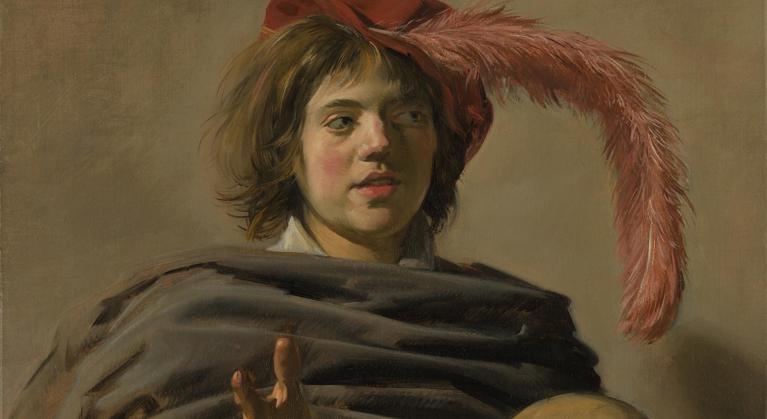
After 80 years of war, the Dutch Republic came into being in 1648. A new world of commerce brought wealth to the rising middle class, who began to commission works of art for their own homes, including still lifes and flower paintings.
The Dutch held lucrative trade routes around the world, buying and selling valuable goods like cocoa, coffee, tea and ebony. However, like many other seafaring nations, the country made enormous sums of money exploiting the natural resources of colonies across Africa, the Americas, and Southeast Asia, and enslaving people to work there.
Rembrandt, Frans Hals, and Vermeer were all part of a vibrant new art scene, creating some of the best loved, and most memorable, images of the 17th century.
Week 4: The Habsburg heritage
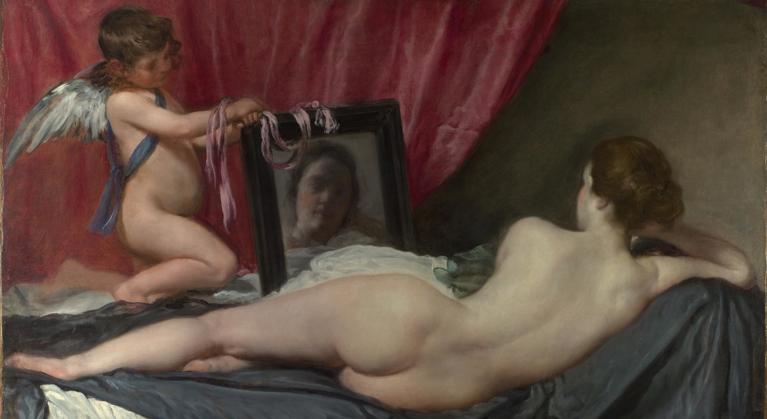
In the southern Netherlands, Peter Paul Rubens was the pre-eminent figure – painter, diplomat, and a superb colourist. His links with the Habsburg monarchs took him to Madrid, where Diego Velázquez was court painter.
We will explore the world of Spanish painting, including the work of Zurbarán and Murillo and look at the influence of these painters on artists of the 19th and 20th centuries.
Week 5: Dealers, markets and collectors
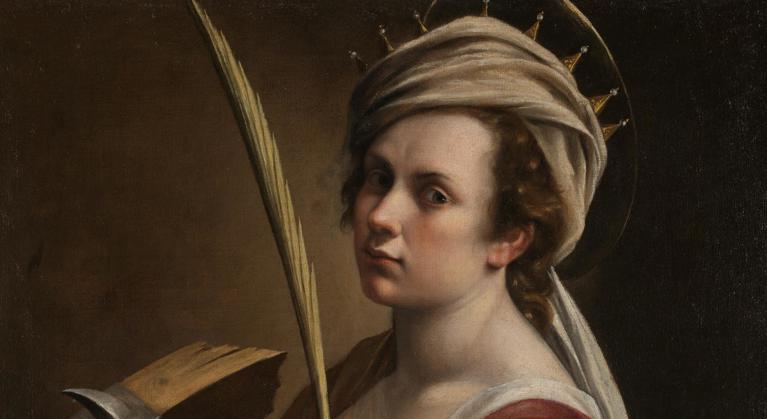
With new forms of painting and subject matter came new ways of working with artists. Dealers and ‘middle men’ began trading art as a commodity, using their expertise to help buyers and collectors acquire the works they desired.
Later in the session, as we look at this new form of trade, we will also consider the changing role of women in the art world, meeting artists such as Mary Beale, Maria Merian and Rachel Ruysch.
Week 6: Order restored
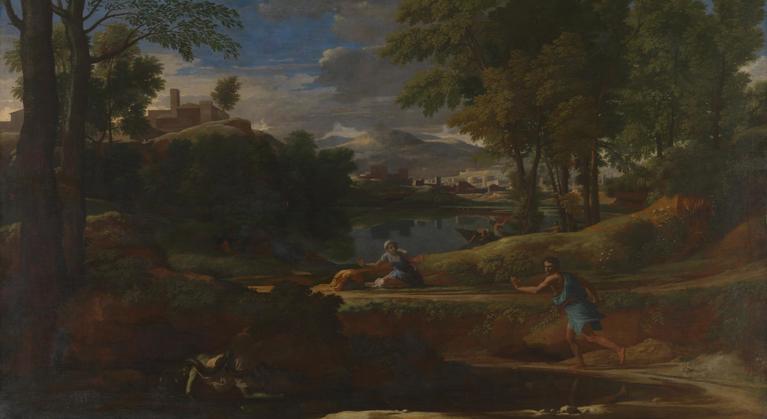
As the century draws to its close, we will look at landscapes, from the idyllic visions of Claude Lorrain and Nicolas Poussin, infused with classical grace, to the realism of Dutch masters such as Cuyp and Ruisdael.
We will also consider the ways in which urban landscapes were being remade, as architects such as Bernini and Sir Christopher Wren create modern cities to rival the Paris of Louis XIV.
Your tutor
Jo Walton is an art historian and lecturer specialising in the art and architecture of the Italian Renaissance and on aspects of British art of the 20th century. She has worked extensively with The Arts Society, The Art Fund, and local art groups around the UK.
Watch again
Can't make Wednesday evenings but don't want to miss out? No problem, you can watch again.
'Stories of art' sessions are recorded and made available to you for one week.
A video of the week's lecture will be uploaded and available for you to watch via your National Gallery account on Friday afternoons, in time for the weekend. Just be sure to watch it by the following Friday lunchtime, as it will be taken down on Friday afternoons.
Format
Each session lasts for 2 hours and includes a lecture delivered by course lecturer Jo Walton, followed by a short break and further discussion.
Time will be allowed for questions and discussion via Q&A.
Handouts will be available via your National Gallery account on Tuesday mornings.
Optional homework is provided to help you prepare for the following week's session.
Booking information
This is an online ticketed course hosted on Zoom. Please book a ticket to access the course. Only one ticket can be booked per account.
You will be emailed an E-ticket with instructions on how to access the course via your National Gallery account. All course information including your Zoom link, weekly handouts, and recordings will be available here.
Your link will be valid for the duration of the course.
Booking after the course has started
You are welcome to join the module at any point during its six-week run. However, please note that you will only be able to see the recording from the previous session, as these are taken offline after one week.
Testimonial from a previous participant
"I have so appreciated the way that all the tutors have made art history accessible and interesting in a friendly, down-to-earth way. Where jargon has been used it has been explained in handout glossaries as well as verbally, making it inclusive, whatever the previous knowledge – or not – of the participants. The optional homework on Padlet has helped me see myself as part of a group rather than learning in isolation. It has been something to look forward to each week."
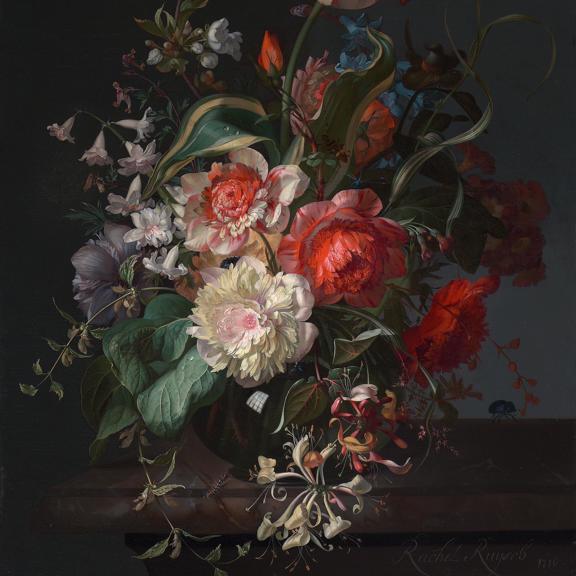
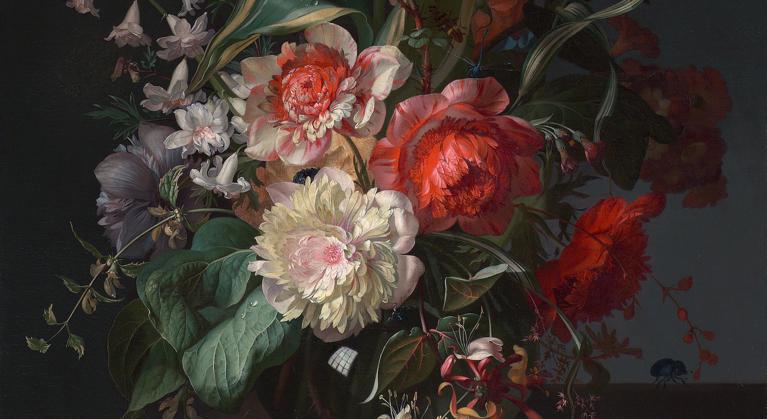
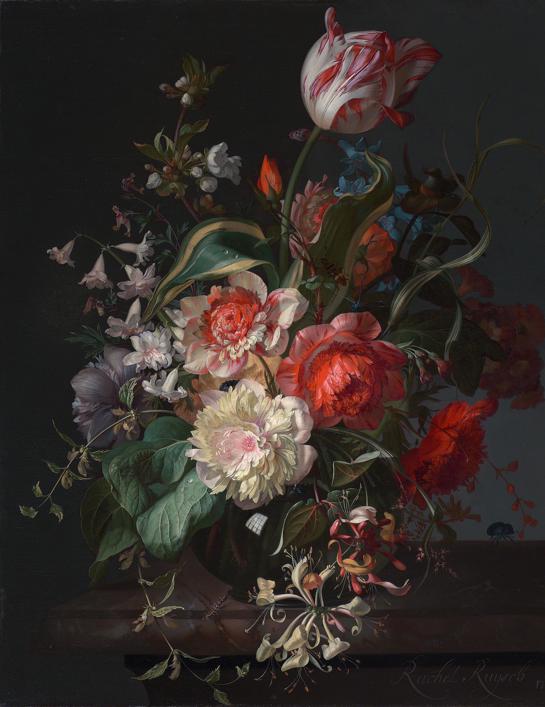
Stories of art
1600-1700
Online tickets
Standard: £75
Concessions: £70.50
This is an online course, hosted on Zoom.
Please book a ticket to access the event. You will receive an E-ticket with instructions on how to access your online events, films and resources via your National Gallery account.
Please note, only one ticket can be booked per account. Bookings close one hour before the event.
Concessions are for full-time students, jobseekers, and disabled adults.
